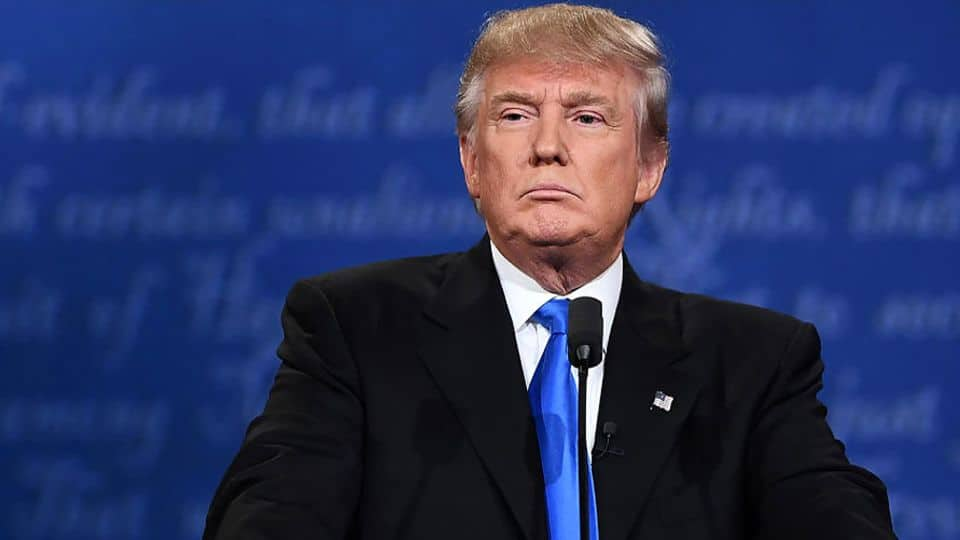
Trump can't restrict 'start-up visas' to entrepreneurs, US court rules
What's the story
A US federal judge has ruled that the Trump administration can't delay an immigration rule that granted foreign entrepreneurs entry into the US to nurture their start-ups. The International Entrepreneur Rule (IER), commonly known as start-up visa, was finalized by the Obama administration and was to be implemented in July. However, the Trump administration delayed its implementation to March 2018.
Explained
Why was the start-up visa rule created?
The IER allows foreign entrepreneurs and their families to live in the US for 30 months without a US visa or a green card. They are also eligible for another 30-month extension. The provision was created by the Obama administration during its final days and was aimed at incentivizing foreign entrepreneurs to set up companies in America, boost local jobs.
Details
Key requirements to qualify for start-up visa
Under the IER, a start-up must be registered in the US within five years of the application. The applicant must have at least 10% stake in the start-up and play an active role in its operations. The enterprise must have widespread potential for growth and job creation. Qualified US investors must invest at least $250,000 or receive $100,000 in grants from the US government.
Lawsuit
US-based venture capitalist group sued Trump administration, won
The IER was going to come into effect from July 17, 2017. A week before this, the Department of Homeland Security announce that its implementation would be delayed to March 14, 2018, and that it planned on rescinding the rule. In October, the US-based National Venture Capital Association (NVCA) filed a lawsuit against the move. The court recently ruled in favor of the NVCA.